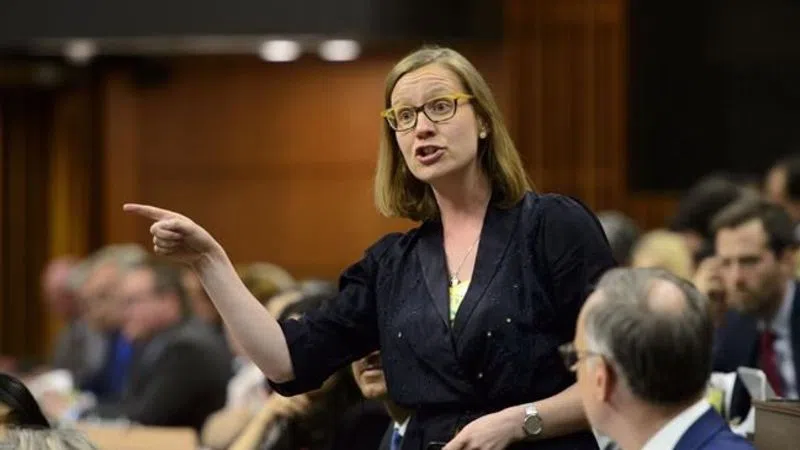
House of Commons unanimously adopts new parental-leave policy for MPs
OTTAWA — For the first time ever, members of Parliament will have the right to take paid parental leave from their jobs on Parliament Hill when they adopt or give birth.
The House of Commons unanimously agreed to new rules that will allow new parents who are serving as MPs to take up to 12 months of parental leave. The rules give MPs who are expecting babies the right to take up to four weeks off as leave at the ends of pregnancies as well.
Until now, MPs who missed more than 21 days of sitting time for a reason other than illness or official business have been docked $120 a day. (Their $178,900 base salaries work out to $490 a day.)
Democratic Institutions Minister Karina Gould, who was the first cabinet minister to give birth while in office, calls the move a historic change.



